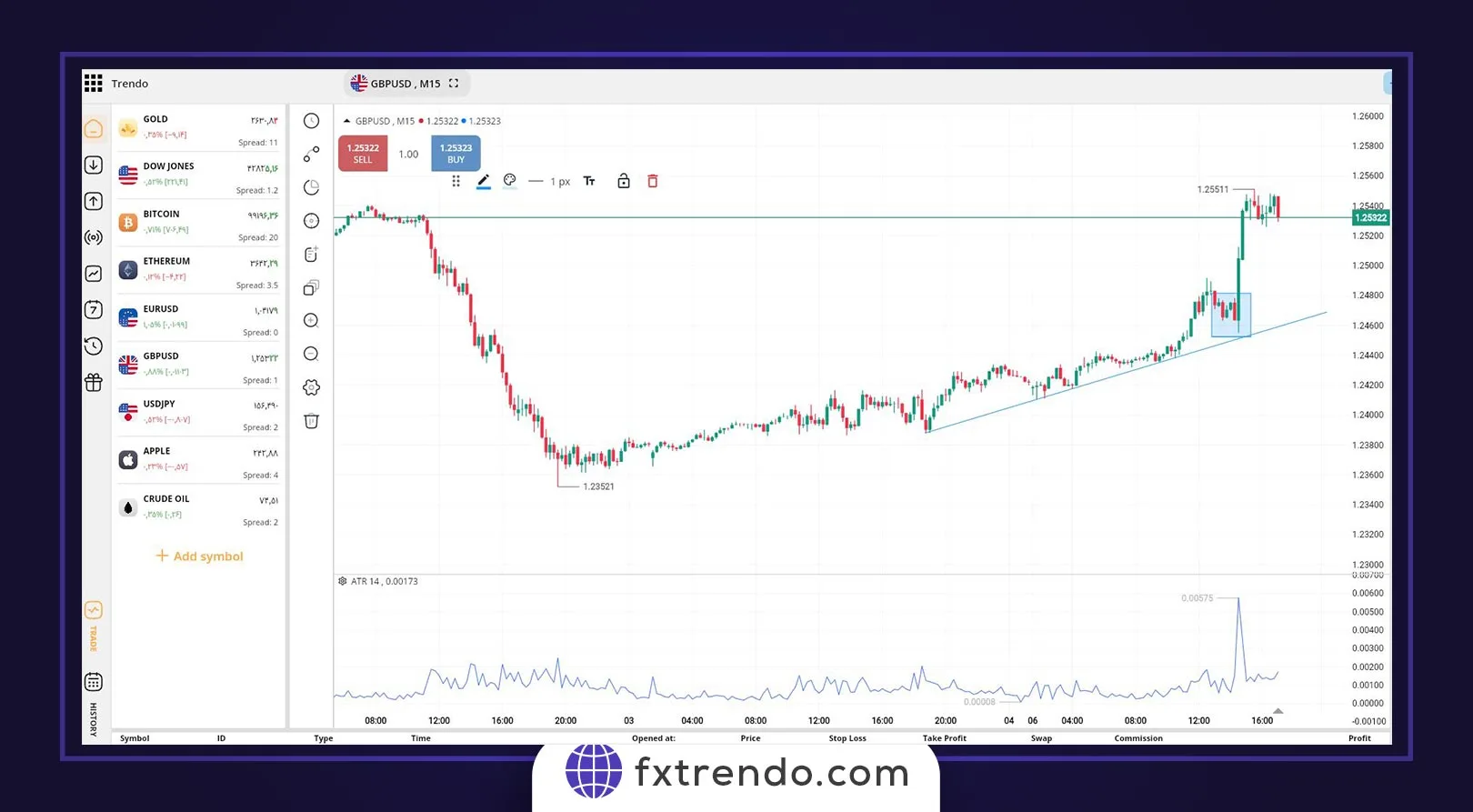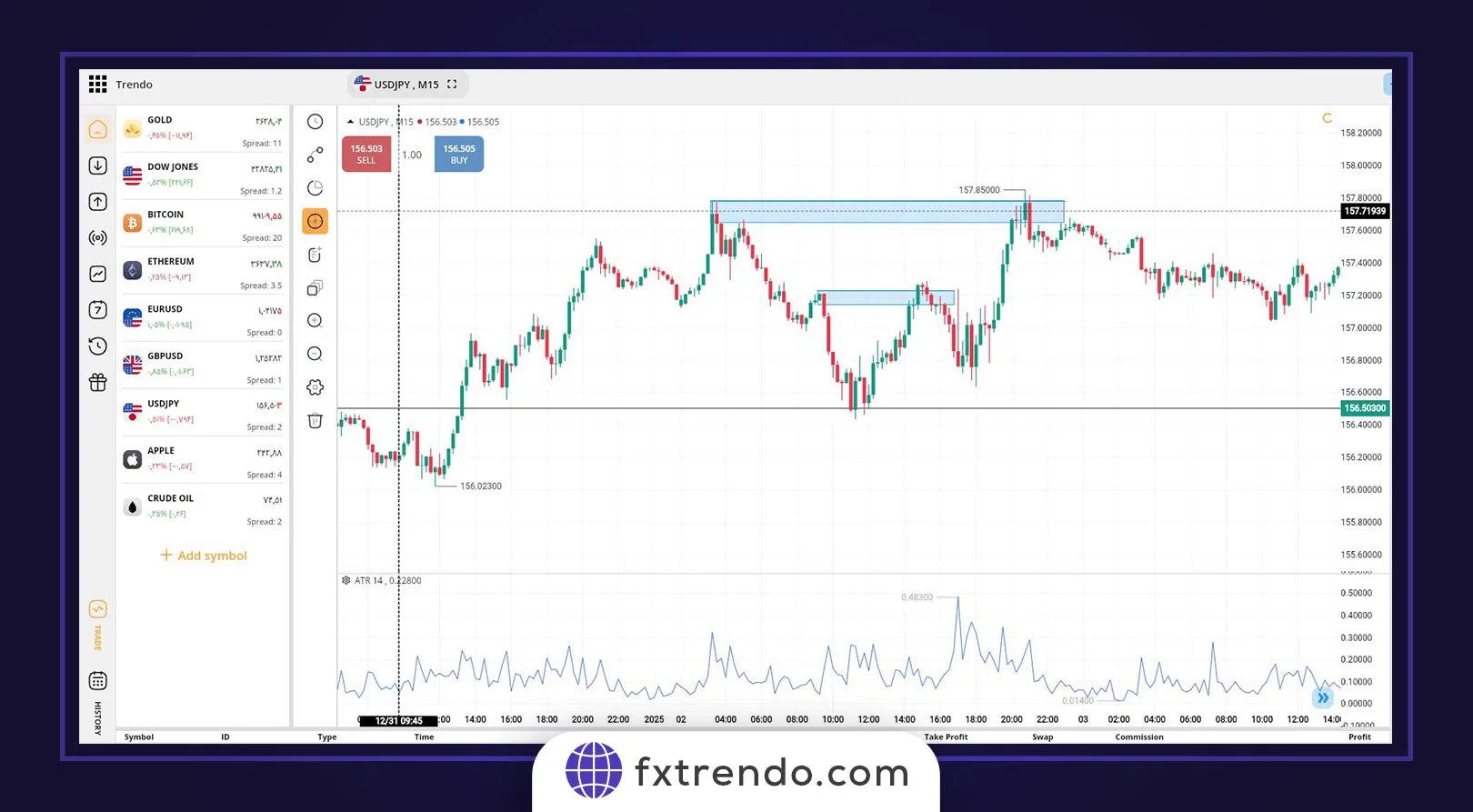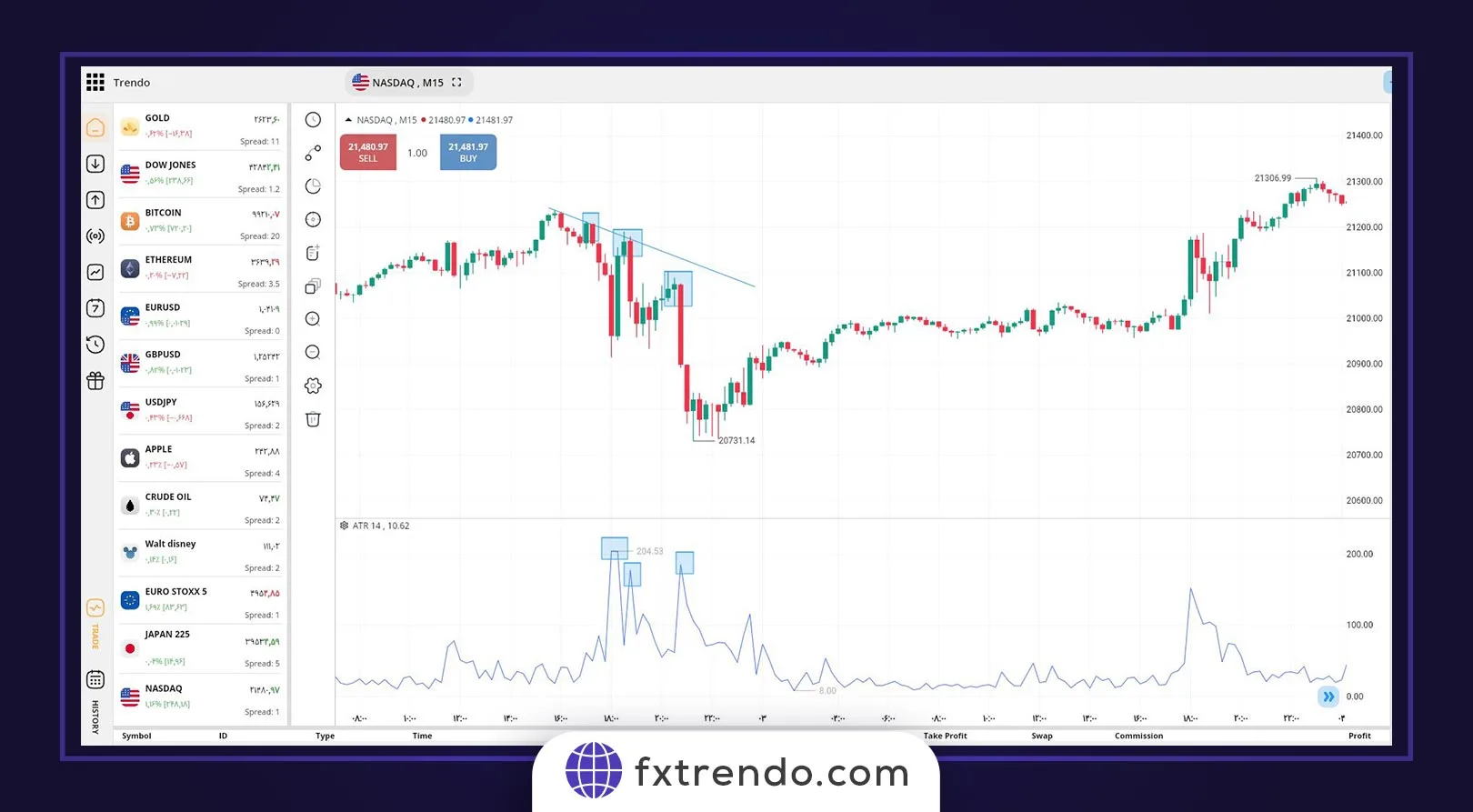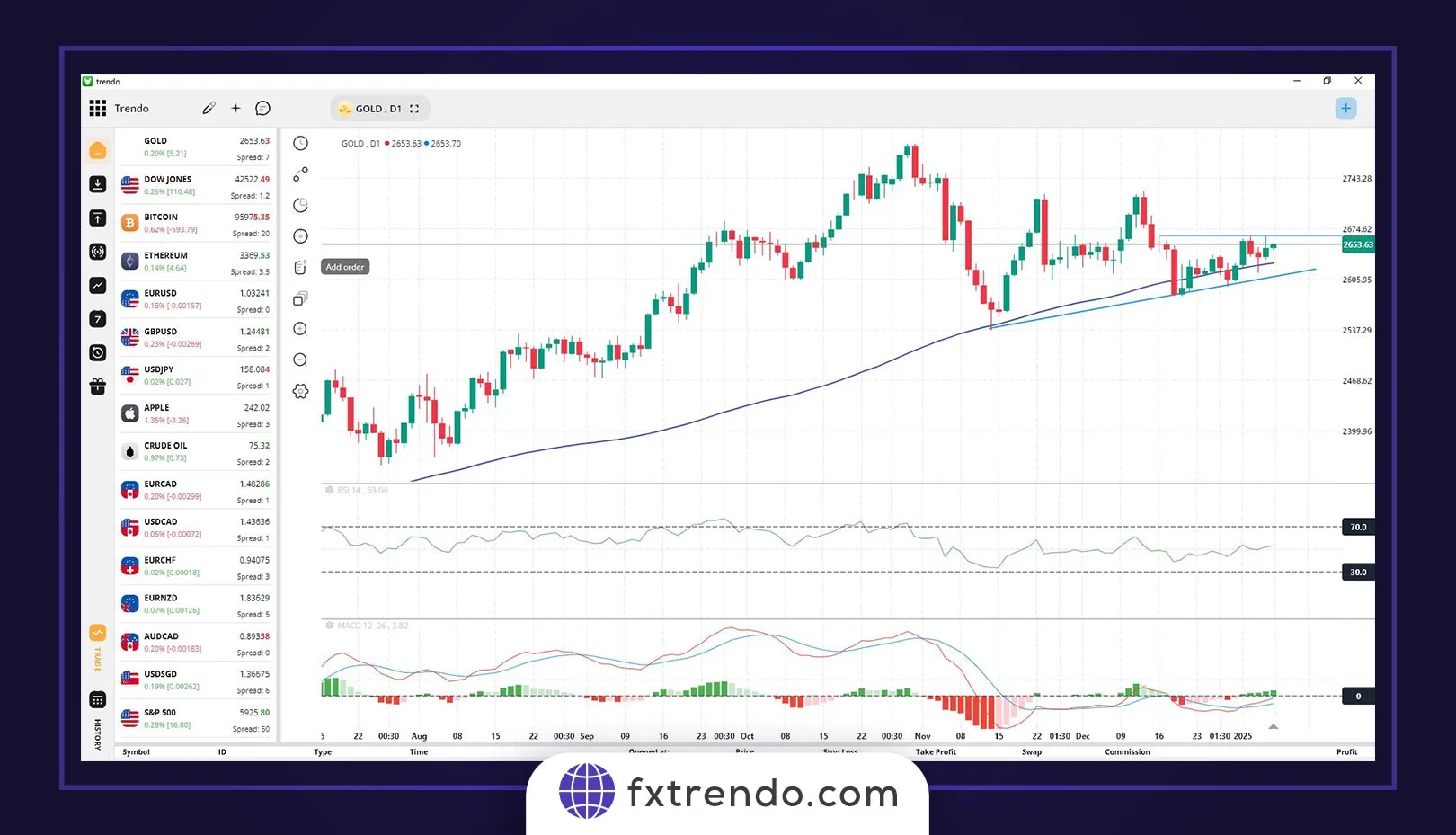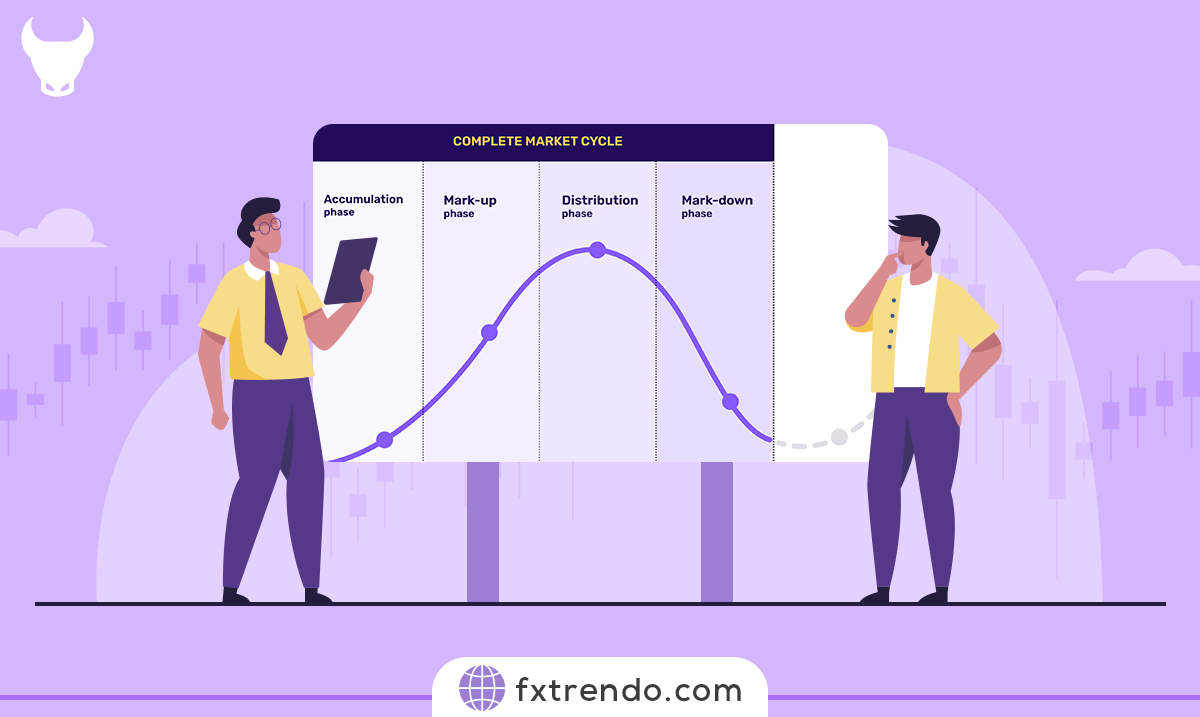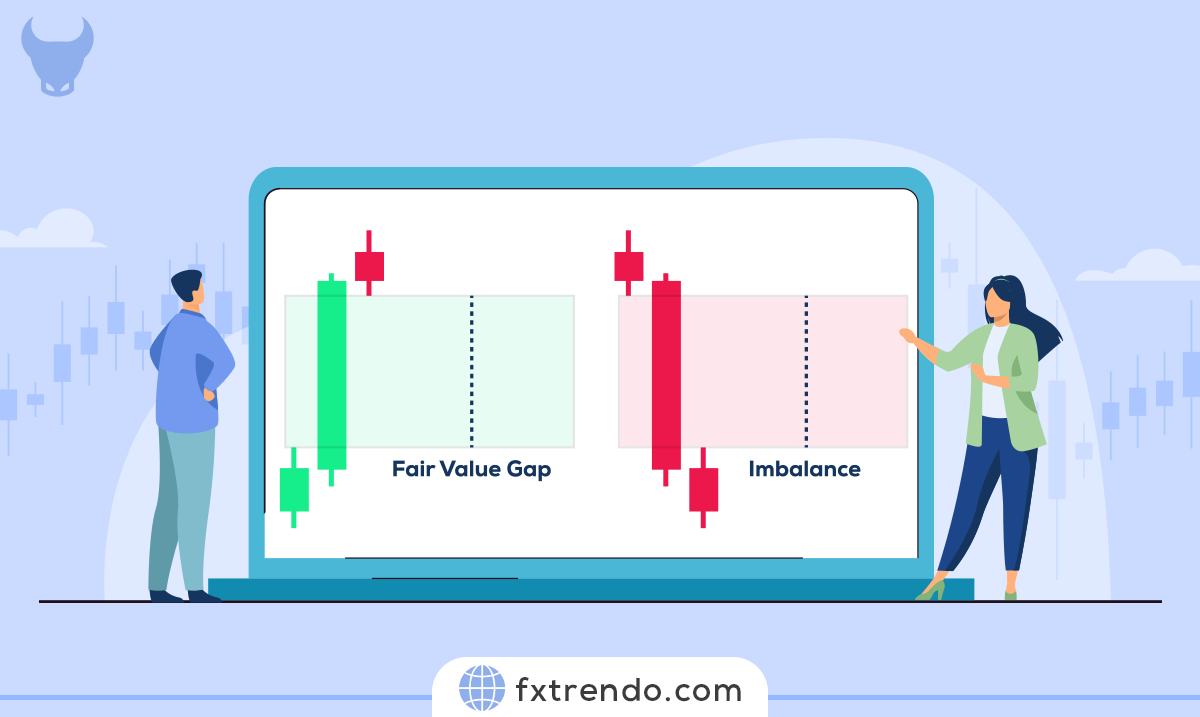What is Arbitrage?
A commodity or stock’s price can differ in different markets due to various factors such as supply and demand, transaction costs, and variable conversion rates. This price difference in various markets allows traders to buy and sell a stock or currency pair at the same time and gain profit from its price difference.
Simply put, arbitrage focuses more on comparing prices rather than focusing on different chart analysis methods. In Forex, arbitrage involves the simultaneous buying and selling of currency pairs to profit from the difference in the exchange rate that two Forex brokers offer. In the crypto market, similar to the forex market, arbitrage emphasizes the difference in a digital asset’s price in two different exchanges.
Read More:
What is a currency pair (what is traded in Forex?)
The advantage of arbitrage over other strategies
Among the forex market’s many strategies, arbitrage has always been particularly attractive for professional traders due to its high profitability and very low loss rate.
Unlike other trading styles that require using different analyzing methods and predicting future price movements, arbitrage focuses on a currency pair’s current price, not the future. In other words, you do not need the knowledge of fundamental or technical analysis to predict the price in this method, and you only trade using the current price differences between different markets. That is the arbitrage strategy’s unique feature, which solves the traders’ need for various technical and fundamental analysis methods to a great extent. Arbitrage helps keep stocks and asset prices more or less the same in different markets, thereby making markets more efficient.
Arbitrage Types
- Simple arbitrage
- Spatial arbitrage
- Triangular arbitrage
- Statistical arbitrage
- Decentralized arbitrage
- Convertible arbitrage
- Merger arbitrage
- Negative arbitrage
Simple Arbitrage:
In this arbitrage type, the trader considers a particular currency pair or symbol and gains profit from the difference in its price in two different brokers or exchanges. For example, Bitcoin’s price in exchange A is equal to 29,580, and its price in exchange B is equal to 29,591, and the trader can make a profit by using this price difference and buying Bitcoin in exchange A and selling it in exchange B (Please note that the above example is only to simplify the content and the price difference calculations have not been done for arbitrage).
Spatial Arbitrage:
This arbitrage type is the same as simple arbitrage, with the only difference that in this type, the difference in the geographic area of the exchange or broker is taken into account also and in this type of arbitrage, you can earn profit by using the ability to trade in financial markets in different geographic areas. Suppose a company’s stock trades at $10 on the London stock market and $11 on the New York stock market. In this case, if possible, the buyer buys that share from the London stock market and sells it in the New York market.
Read More:
Types of World Financial markets and their trading hours.
Triangular Arbitrage:
This arbitrage type is not used much in the stock market and is aimed at the currency pairs market. To use this trading technique, you must have a complete knowledge of currency pairs and their exchange rates. In this type of arbitrage, you first exchange one currency for another and exchange the newly bought currency for a third currency. Finally, you convert the last currency to the first currency you had and profit from this cycle of currency conversion based on the difference in the conversion rate. For example, you have a million dollars of capital, and the exchange rate of currency pairs is as follows:
First, you convert one million dollars into euros using the above conversion rate.
Next, you convert your euro balance to pounds.
Furthermore, you convert your pounds into dollars.
In the example above, you will understand how to profit by using the difference in interest rates. (Example taken from Investopedia website)
Read More:
Major currency pairs and symbols of the forex market.
Statistical Arbitrage:
This strategy is implemented on complex mathematical models and trading robots to perform high-frequency transactions on different symbols using the difference in interest rates, and this strategy is not recommended for day traders due to the use of complex algorithms.
Decentralized Arbitrage:
This type of arbitrage refers to profiting from the difference in a cryptocurrency’s price in a decentralized exchange. A DEX is an exchange determining the currency pairs’ price using smart contracts. Traders can use the price difference in the decentralized exchange or its contrast with the cryptocurrency price in the centralized exchange.
Convertible Arbitrage:
This arbitrage type focuses on convertible bonds mostly. Convertible bonds are bonds that one can convert into shares. The convertible arbitrage strategy involves entering into simultaneous buy and sell positions in convertible bonds and their underlying stocks. The focus is to gain profit from the market by using this price difference to convert bonds and stocks.
Merger Arbitrage:
Merger arbitrage, also known as risk arbitrage, focuses more on buy or merger events rather than the performance of the stock itself. In this strategy type, the investor tries to profit by using inefficiencies that occur during a buy or merger event. For example, the manager of a collection seeks to merge or buy another collection to gain profitability and expand his business, and merger arbitrators use the possibility of approving or disapproving the transaction. Since there are many chances of the trade not being approved, this type of arbitrage always has a high risk.
Negative Arbitrage:
Negative arbitrage occurs when the borrower repays the loan at a higher interest rate than it costs to repay the loan. Generally, the borrowing value is greater than the value of lending.
Arbitrage Disadvantages
So far, we mentioned the arbitrage strategy advantages but also note that this strategy is not completely flawless, and there are problems, such as the high trading volume required, broker restrictions, and the need for advanced trading software included in this strategy. Many of the government men and economic institutions affiliated with the government consider this trading strategy to be the cause of damage to the economic system and the cause of currency outflow from the country, which is why some countries have considered strict laws to deal with this type of trading in the domestic currency market.
Summary
There are various types of arbitrage strategies, and each has different uses that we mentioned in this article. One must use each of these strategies with a correct understanding and appropriate market conditions. These strategies can be good ways to earn a profit but also note that without training, practice, accuracy, and monitoring the market, using any of these strategies can be risky and damaging.

